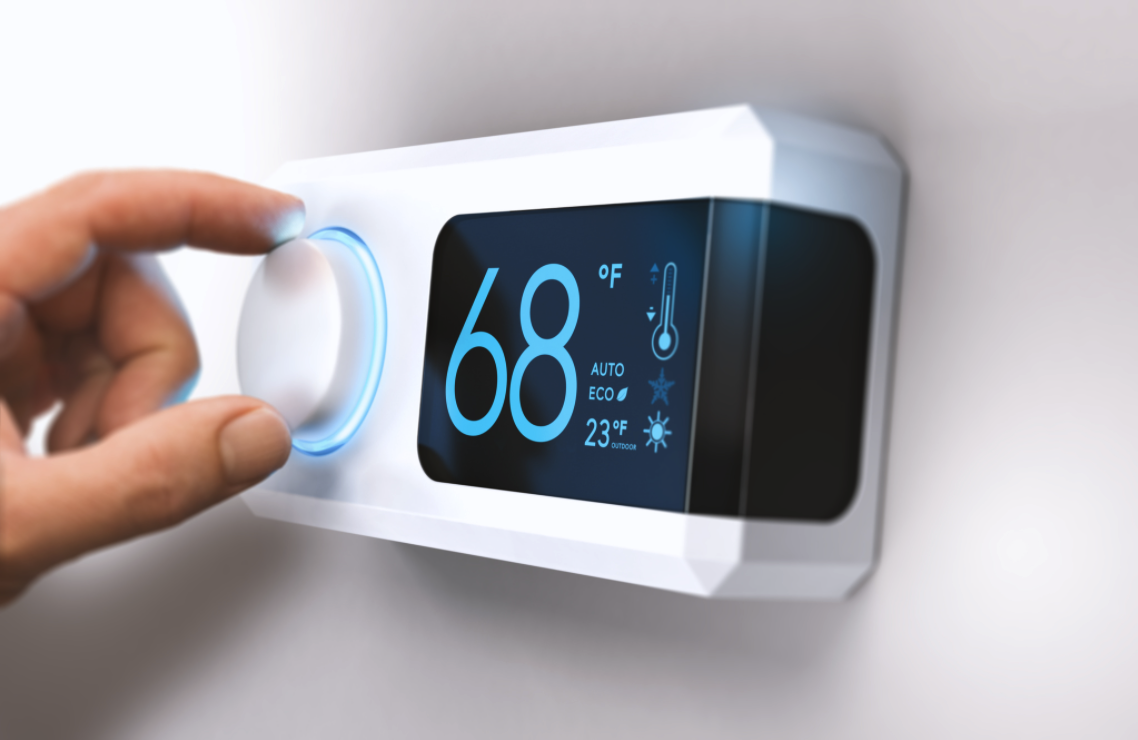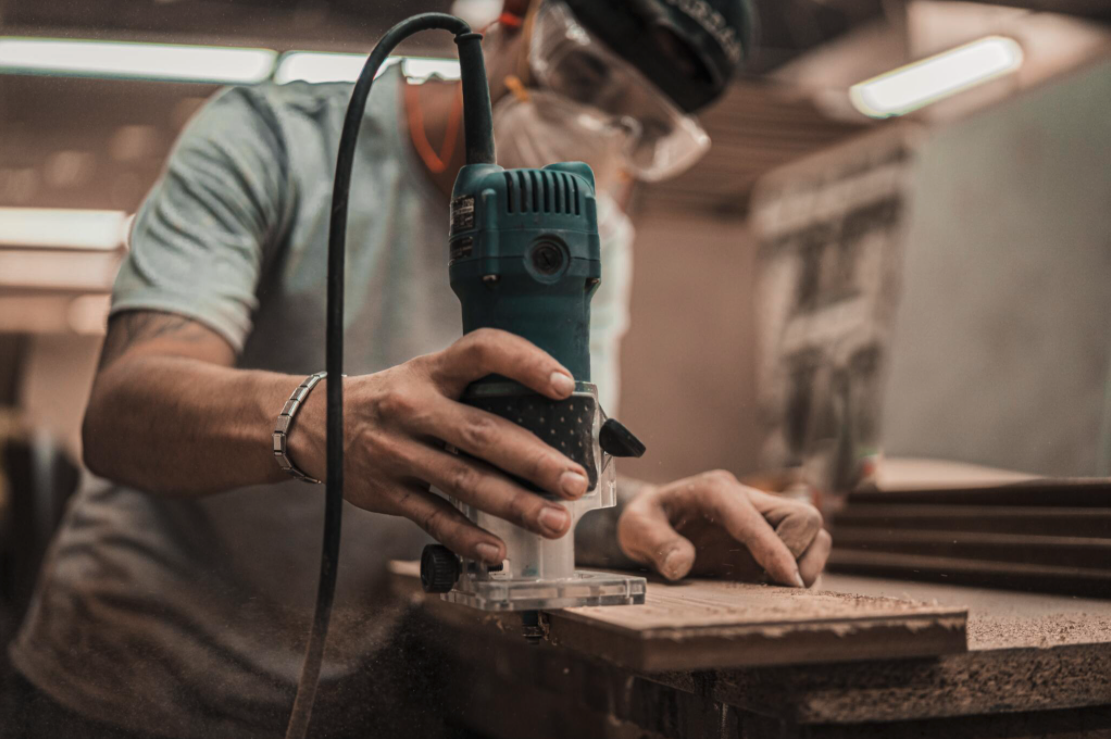Fortune 500 Coffeehouse Chain
IoT Sound Intelligence Proof of Concept
Improving accessibility, in-cafe experiences, and operational efficiency
Challenge
A Fortune 500 Coffeehouse Chain had limited insight to in-café sound pressure levels (SPL). The lack of sound data inhibited the retailer’s ability to identify harmful sounds and prioritize strategies to reduce in-store friction. This further impacted their ability to optimize audio-intelligence in cafe designs, make retail operations more efficient through sound data insights, and elevate their overall customer and employee experiences.

Solution
Kopius designed and implemented an IoT Sound Intelligence Proof of Concept (POC). Organizing a team of audio and data architects, hardware engineers, and analysts, Kopius installed IoT devices logging data in an isolated Azure Cloud location. The secure data flowed into a real-time PowerBI Dashboard via Azure IoT Hub and Databricks that measured minimum, average, and maximum sound pressure levels, allowing the Kopius team to capture, analyze, and deliver sound intelligence for the retailer’s in-café experience.
Results
The successful IoT Sound Intelligence POC deployment captured sound data and uncovered business insights that can help shape how the Fortune 500 coffeehouse chain designs future stores while ensuring accessibility for their employees, customers, and partners. The deployment also opened avenues for predictive maintenance and operational efficiency, showcasing the potential of audio innovation in Retail Tech.




